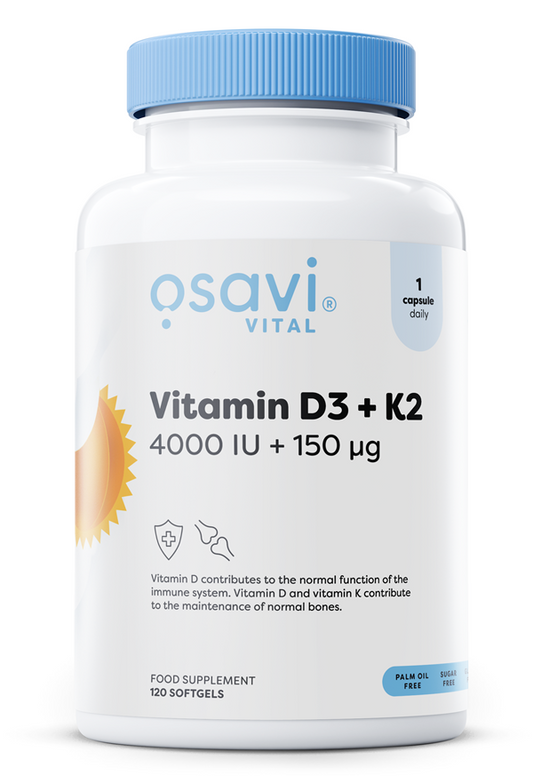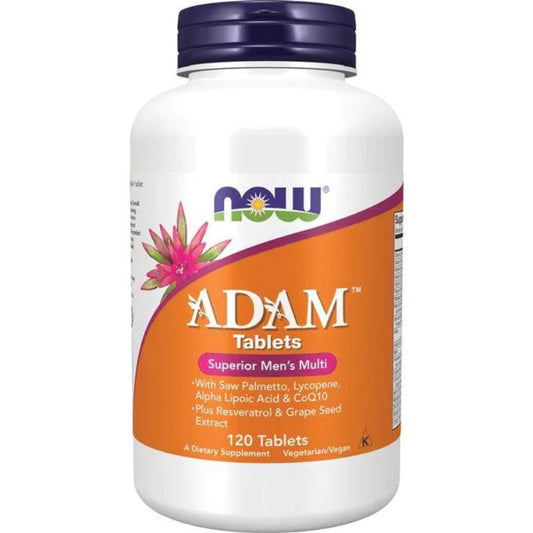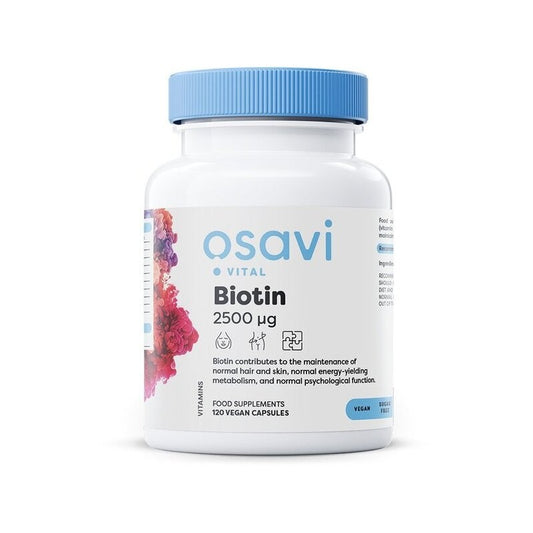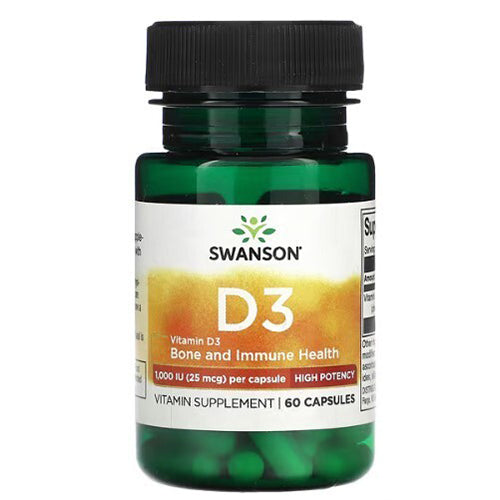
Selenium: The Essential Mineral for Health and Wellness
Jakub SkibaSelenium is an essential trace mineral required in very small amounts, yet it plays a key role in maintaining overall health and well-being. It supports cellular antioxidant systems, helps maintain healthy thyroid function, and contributes to immune balance. Selenium is incorporated into specialized proteins called selenoproteins, which participate in processes ranging from hormone regulation to antioxidant defense. Adequate selenium intake is crucial because your body cannot produce it on its own. While deficiencies are uncommon in well-nourished populations, certain regions with selenium-poor soil or specific dietary restrictions may result in low intake. Selenium can be obtained from foods such as Brazil nuts, seafood, meats, eggs, grains, and mushrooms, and supplements can help ensure consistent intake when needed. Maintaining adequate selenium levels supports daily cellular function, normal metabolic activity, and general wellness.
What Selenium Does in the Body
Biochemical Roles and Selenoproteins
Selenium is incorporated into selenoproteins, including:
-
Glutathione peroxidases (GPXs): Help protect cells from oxidative stress.
-
Thioredoxin reductases (TrxRs): Support cellular antioxidant systems and overall cellular balance.
-
Iodothyronine deiodinases (DIOs): Assist enzymes that convert thyroid hormones to their active forms.
These proteins support overall wellness, help maintain healthy cells, and contribute to normal physiological processes.
Immune and Metabolic Support
Selenium supports the body’s natural antioxidant systems and may help maintain healthy immune function. Adequate selenium intake contributes to balanced metabolic activity and overall cellular health.
Selenium Benefits
Thyroid and Hormone Function
Selenium is important for the activity of thyroid-related enzymes, which assist in maintaining normal thyroid function and hormone balance.
Antioxidant Support
Selenium contributes to antioxidant processes that help protect cells from oxidative stress. These activities support overall cellular health and general wellness.
Reproductive Health
Selenium is involved in the function of reproductive cells and can contribute to normal reproductive health in both men and women.
Cognitive and Neurological Support
Selenium supports processes in the nervous system, contributing to normal cognitive function and mental wellness.
Signs You May Need More Selenium
Selenium deficiency is uncommon in well-nourished populations but can occur in certain regions or conditions. Signs of inadequate selenium intake may include:
-
Low energy or fatigue
-
Reduced immune support
-
Hair or nail changes
-
Slower recovery from everyday stressors
Recommended Daily Selenium Intake
|
Age / Group |
Recommended Intake (µg/day) |
|
Infants 0–6 months |
15 µg |
|
Infants 7–12 months |
20 µg |
|
Children 1–3 years |
20 µg |
|
Children 4–8 years |
30 µg |
|
Children 9–13 years |
40 µg |
|
Teenagers 14–18 years |
55 µg |
|
Adults 19+ |
55 µg |
|
Pregnant women |
60 µg |
|
Breastfeeding women |
70 µg |
|
Tolerable Upper Intake Level (Adults) |
400 µg |
Top Food Sources of Selenium
-
Brazil nuts – extremely rich, often providing a full day’s intake in just 2–4 nuts
-
Seafood – fish, shellfish, and other seafood
-
Meats and poultry – organ meats, muscle meats
-
Eggs and dairy – moderate but consistent sources
-
Grains, mushrooms, and legumes – content varies depending on soil selenium
Selenium Supplementation
Selenium supplements can help individuals who may not get enough from diet alone.
-
Forms: Selenomethionine (organic), sodium selenite or selenate (inorganic)
-
Typical dosages: 50–200 µg per day
-
Safety: Keep total daily intake below 400 µg to avoid overconsumption
-
Pregnancy: Supplements up to 200 µg/day may be used under guidance when dietary intake is insufficient
Key Takeaways
-
Selenium is an essential trace mineral that supports antioxidant activity, thyroid function, and overall wellness.
-
Adequate intake is usually achieved through diet; supplements may be used when needed.
-
Rich food sources include Brazil nuts, seafood, meats, eggs, and grains.
-
Recommended adult intake is 55 µg/day, with an upper limit of 400 µg/day.
-
Maintaining selenium intake within recommended ranges contributes to general health and well-being.










